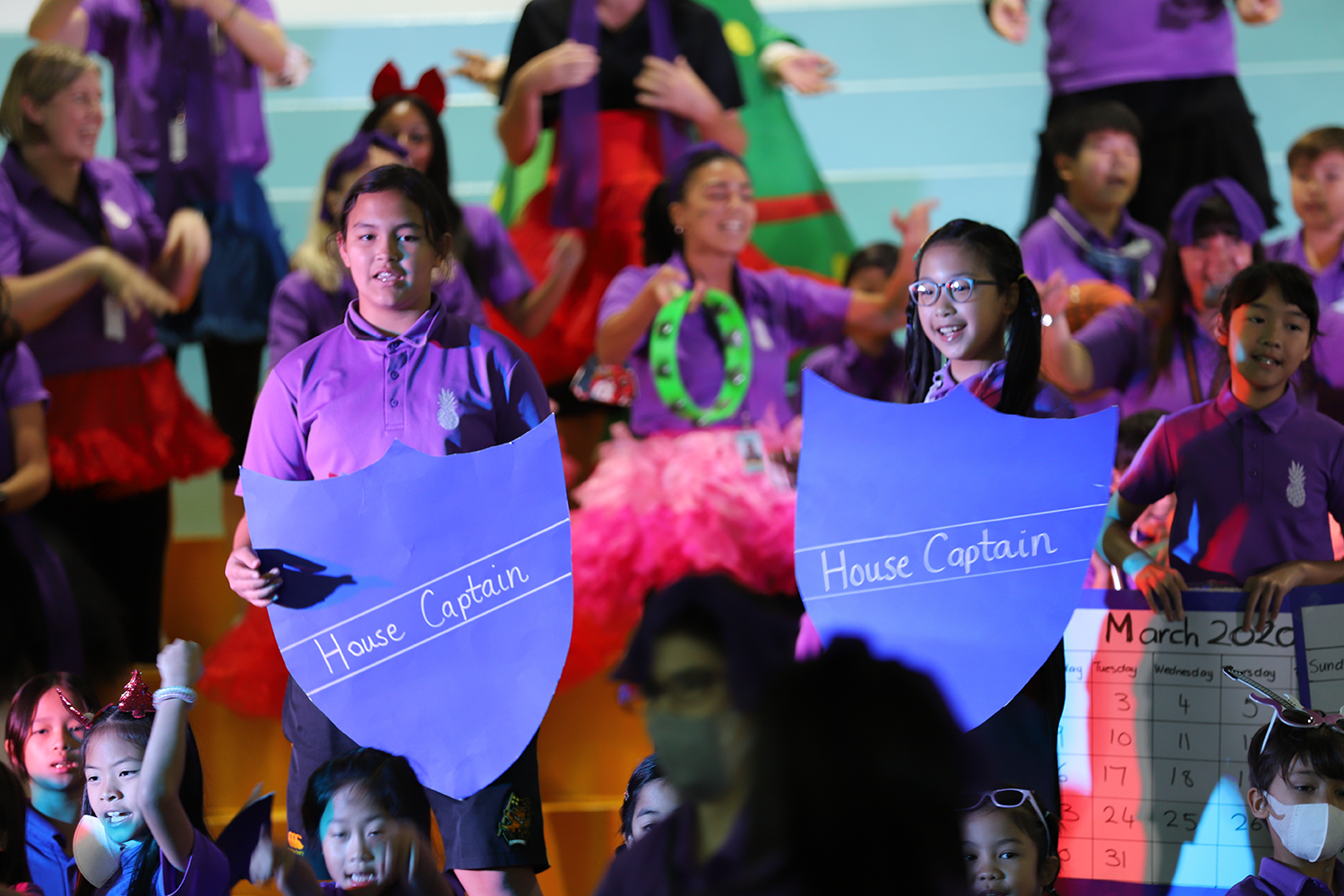
A House structure that develops students’ social interaction and maturity for all ages by learning and growing together.
What is the House system?

In the movie 'Harry Potter' we have seen the Sorting Hat is used to allocate new wizard students into the four Houses: Gryffindor, Slytherin, Ravenclaw and Hufflepuff. Each House features different strengths reflecting each of the founder's traits.
Once a wizard student is assigned to a House, they will become a House member, living their life in a House where they grow up with other students from different year groups and with a House Master. By living with others, they can learn more about little wizard life. They do all activities together, work together as representatives of each House. In competition, they win together and lose together. The House creates a strong bond among students who are in the same House.
Besides the magical world, the House system does exist in the real world. This uniquely British aspect of pastoral support in education has been passed down through generations and gained widespread adoption by international schools worldwide, including Thailand. Wellington College International School Bangkok has been adopting the House system since the first day of its operation. Mr Christopher Nicholls, Master at Wellington Bangkok, explains the House system and the reason why Wellington structured the House system as part of its educational approaches.
“The House system comes from boarding school. It is a place where students of different ages live together while they are in boarding school. In the House, students in junior and senior classes spend time together. They have meals together, socialise, take care of each other, and work together as a team at events such as sports, musicals, or academic competitions. It is a big family House, a social group designed to support students in all aspects, not only for their study but in their life, including social interaction, personal and emotional development. It is the place where students grow up together.”
At Wellington Bangkok, our House system is applied in a day-school context and students are assigned to one of four Houses: Benson, Stanley, Wellesley and Apsley.
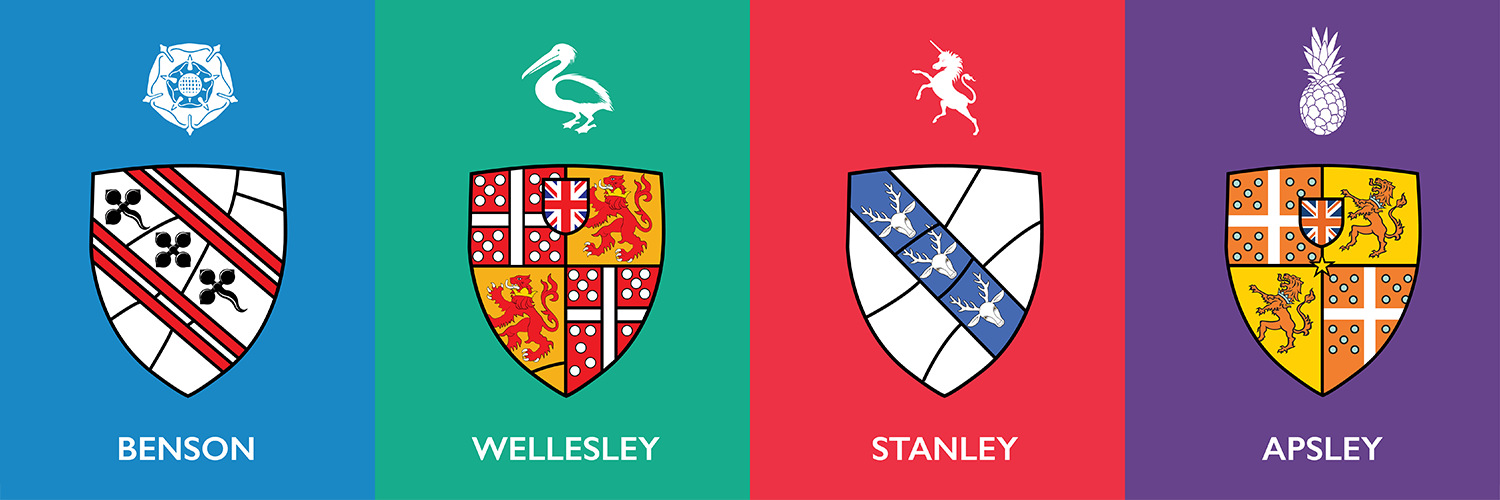
How is the House system in the real world different from the Harry Potter movies?
“We can't do magic” says Mr Nicholls with a smile. “In many ways, it is quite like that but without the magic. Like Harry Potter, the basic principle of the boarding school in the UK is that everybody in the same family is in the same House. That's the kind of tradition. Each House has its own character because each House takes on the character of the House's tutor who oversees it. The head of the House is like a Headmaster in this context”.
“In that sense, things are very similar to the movies, but it's more natural in real life rather than the artificial thing. In Harry Potter, the audience might have a prejudice on each House. For example, Slytherin gets a bad reputation for being the "evil" House in Hogwarts. Its characteristics include cunning, resourcefulness, and ambition, while Gryffindor members are seen as adventurous, brave, and principled. However, in real life, it is more like a natural development. Every year you find that whilst one House is good at sports, one House may have a strength in academics, but things change next year. It is not designed at all.”
The power of learning: even more potent than magic
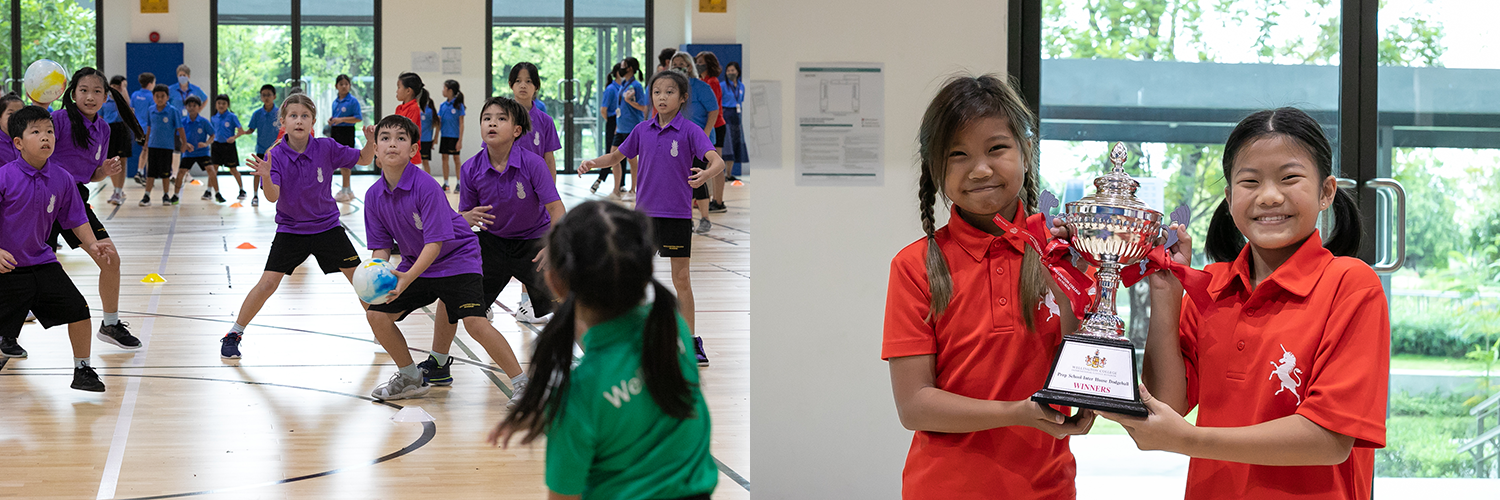
What is the importance of the House system? It definitely is not all about just a trend from a movie. The House system allows students to grow up together by learning from each other, the younger ones can see the older ones as their role models, and the older ones can also realise how to become more responsible.
Recognising the House system as an approach toward student's behavioural management, Mr Nicholls reflects that the key to positive relationship development is the students' openness and understanding of how they feel inside and react. This way, the House system will help them develop strong positive relationships and remove social bullying in the school.
A deep bond between ‘Home’ and ‘School’
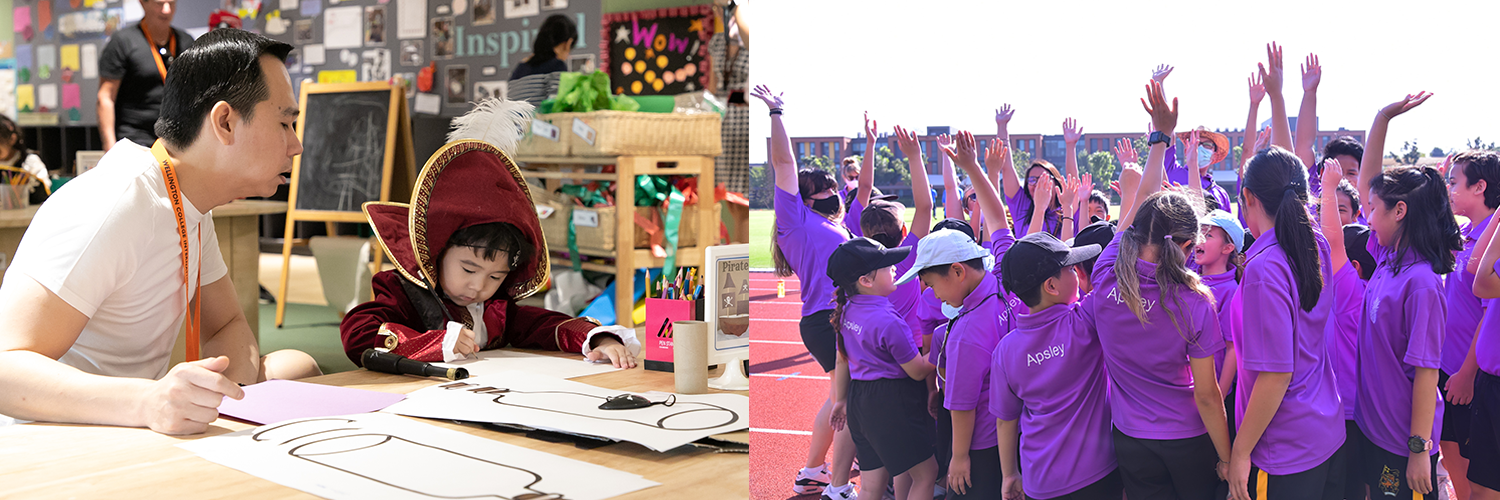
The House system can harmoniously connect School and families – a fundamental principle which Wellington Bangkok has been establishing. In the bigger picture, the ‘Wellington Family’ grows the tie among parents, class teachers, and students. The approach encourages the sentiment that they are part of the same family. In the House system structure, the House Tutor plays a crucial role as they are the key person who coordinates and communicates with all parties. The House Tutors therefore, must have excellent soft skills. It is essential to listen to what parents want to say and give them a chance to speak.
Regarding the link between home and school, the House system plays a key role, since not only do students become members of a given House, so does the whole family.
“Our parents fully embrace the positive ethos of the House system. Whenever we have we have activities such as Houses competitions or sports competitions, the parents are incredibly enthusiastic, they have so much energy, they are happy to participate, dress up in the House colours, and support the House. This spirit encourages students to feel belonging to the House and spend valuable time enjoying activities with the support of their parents”.
So to answer the question as to why you should send your children to study in a school with a vertically oriented House system structure, the answer is very clear. At Wellington Bangkok, the genuine friendship that grows up between students of different ages through the House system benefits children in terms of both social and maturity aspects, which are the most important part. The House system is not purely for competition but also social interaction, personal development, and the individual focus which each student gets from the House. The power of friendships, relationships and learning together in the House structure is more powerful and valuable than any magic spells.
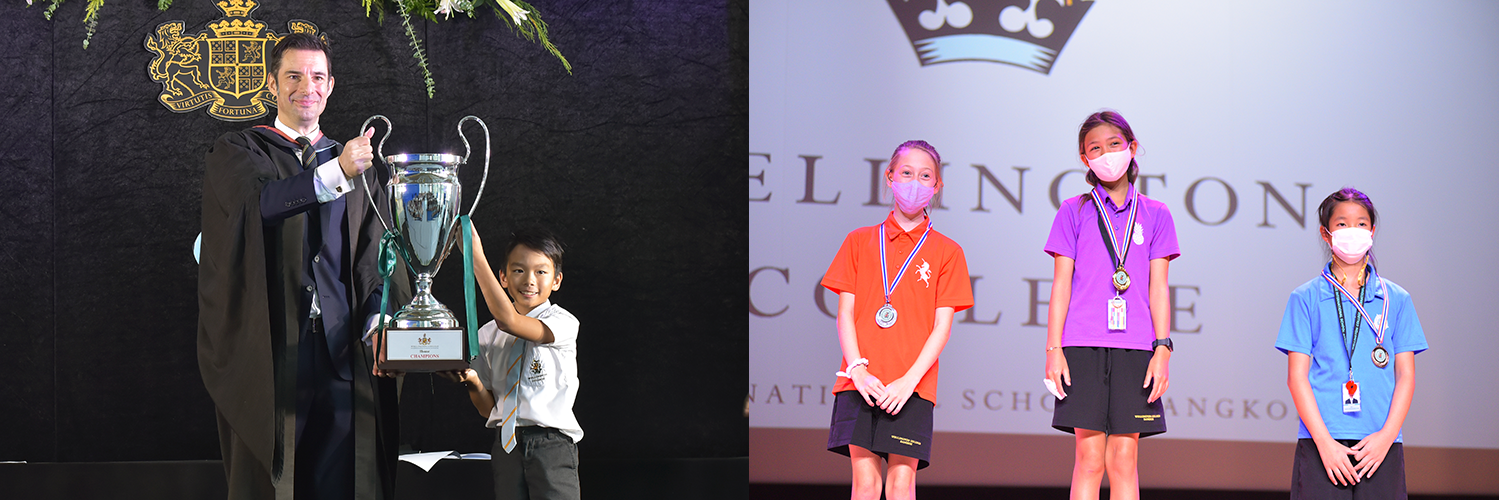

%201.png&command_2=resize&height_2=85)


